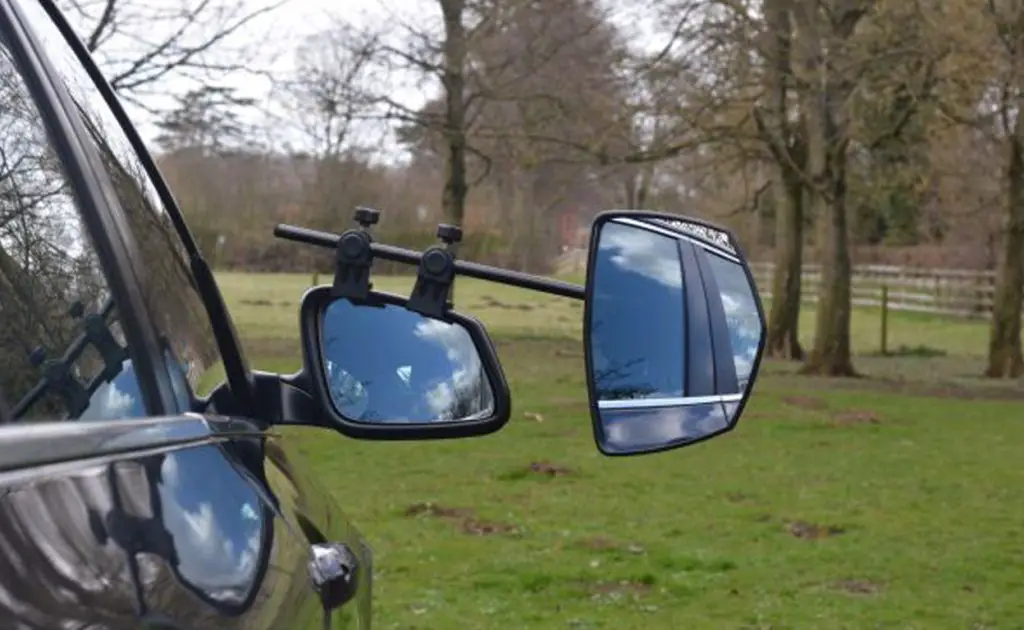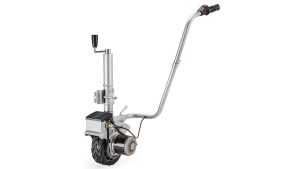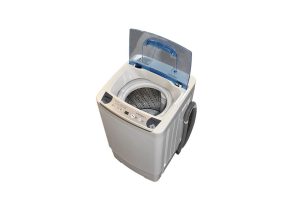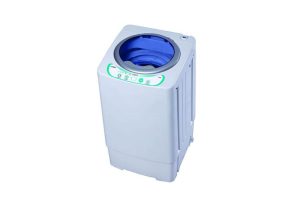Mirrors play a crucial role in ensuring road safety while driving. They allow drivers to monitor their surroundings and make informed decisions. When it comes to towing, having the right mirrors is essential. This article explores the key differences between tow mirrors and regular mirrors, highlighting their respective benefits and features to help readers choose the most suitable option for their needs.
Tow Mirror: Definition and Purpose
Tow mirrors, also known as towing mirrors or extension mirrors, are specially designed mirrors for vehicles used to tow trailers, boats, or other heavy loads. These mirrors are larger than regular side mirrors and provide an extended field of view, allowing drivers to see beyond the sides of their trailers. Their primary purpose is to enhance visibility and reduce blind spots, promoting safer towing experiences.
Regular Mirror: Function and Use
Regular mirrors, commonly found on all vehicles, serve as the primary source of rearview visibility. They are crucial for observing traffic behind the vehicle and making lane changes or maneuvers safely. While regular mirrors are efficient for daily driving, they may have limitations when it comes to towing.
Key Differences Between Tow Mirrors and Regular Mirrors
Size and Field of View
The most noticeable difference between tow mirrors and regular mirrors is their size. Tow mirrors are significantly larger than standard mirrors, offering a broader field of view. This expanded range is particularly helpful when towing wide trailers, as it allows the driver to see the entire side of the trailer and adjacent lanes.
Extendability and Adjustability
Tow mirrors are designed to be extendable, which means they can be pulled away from the vehicle for a better view. This feature enables drivers to adjust the mirrors according to the width of the trailer. On the other hand, regular mirrors are usually fixed and lack the extendability needed for optimal towing visibility.
Towing-Specific Features
Tow mirrors often come with additional features to assist in towing. Some models have integrated turn signals and heating elements to improve visibility in adverse weather conditions. Furthermore, some tow mirrors feature integrated spotter mirrors, helping drivers to watch the areas directly beside the trailer.
Safety Considerations
Safety is paramount when towing, and tow mirrors enhance it significantly. The extended field of view and adjustability reduce blind spots, minimizing the risk of accidents caused by improper lane changes or merging. Regular mirrors, while effective for daily driving, may not offer the same level of safety when towing large loads.
Factors to Consider When Choosing Between Tow Mirrors and Regular Mirrors
Vehicle Size and Towing Needs
The size of the towing vehicle and the nature of the loads being towed play a significant role in determining the type of mirrors required. Larger trailers or boats demand tow mirrors to provide adequate visibility, while smaller loads may be manageable with regular mirrors.
Budget and Cost
Tow mirrors typically cost more than regular mirrors due to their additional features and larger size. When considering budget constraints, it’s essential to weigh the benefits of enhanced visibility against the investment in tow mirrors.
Installation and Compatibility
Installing tow mirrors may require additional adjustments or modifications to the vehicle. Regular mirrors, being standard equipment, are relatively easier to install. Checking the compatibility and ease of installation is crucial before making a decision.
Tow Mirror Installation and Usage Tips
Correct Mounting and Alignment
To ensure optimal performance, tow mirrors must be correctly mounted and aligned. Proper alignment helps in maximizing the field of view and reducing blind spots.
Adjusting the Mirrors for Towing
When preparing for towing, drivers should adjust their tow mirrors to match the width of the trailer. This adjustment provides the best rearward visibility during the towing journey.
Regular Mirror Maintenance and Safety
Importance of Regular Mirror Maintenance
Regular mirrors also require regular maintenance to ensure their effectiveness. Cleaning the mirrors regularly and checking for any damages are vital for safe driving.
Cleaning and Adjusting Regular Mirrors
To clean regular mirrors, use a mild glass cleaner and a soft cloth. Regularly adjust the mirrors to suit your driving position for maximum visibility.
Advantages and Disadvantages of Tow Mirrors
Advantages
- Enhanced Visibility for Towing
- Reduced Blind Spots
- Towing-Specific Features
Disadvantages
- Higher Cost
- May Require Vehicle Modifications
Advantages and Disadvantages of Regular Mirrors
Advantages
- Standard Equipment on Vehicles
- Lower Cost
Disadvantages
- Limited Field of View
- Not Ideal for Towing
Conclusion
In conclusion, both tow mirrors and regular mirrors serve vital roles in road safety. When it comes to towing, tow mirrors offer clear advantages, such as improved visibility and reduced blind spots. However, regular mirrors are sufficient for everyday driving. The choice between the two depends on the vehicle’s size, towing needs, budget, and personal preference.







